
Dr. Meredith Storey
Senior Manager, (i5)

Dr. Meredith Storey
Senior Manager, (i5)
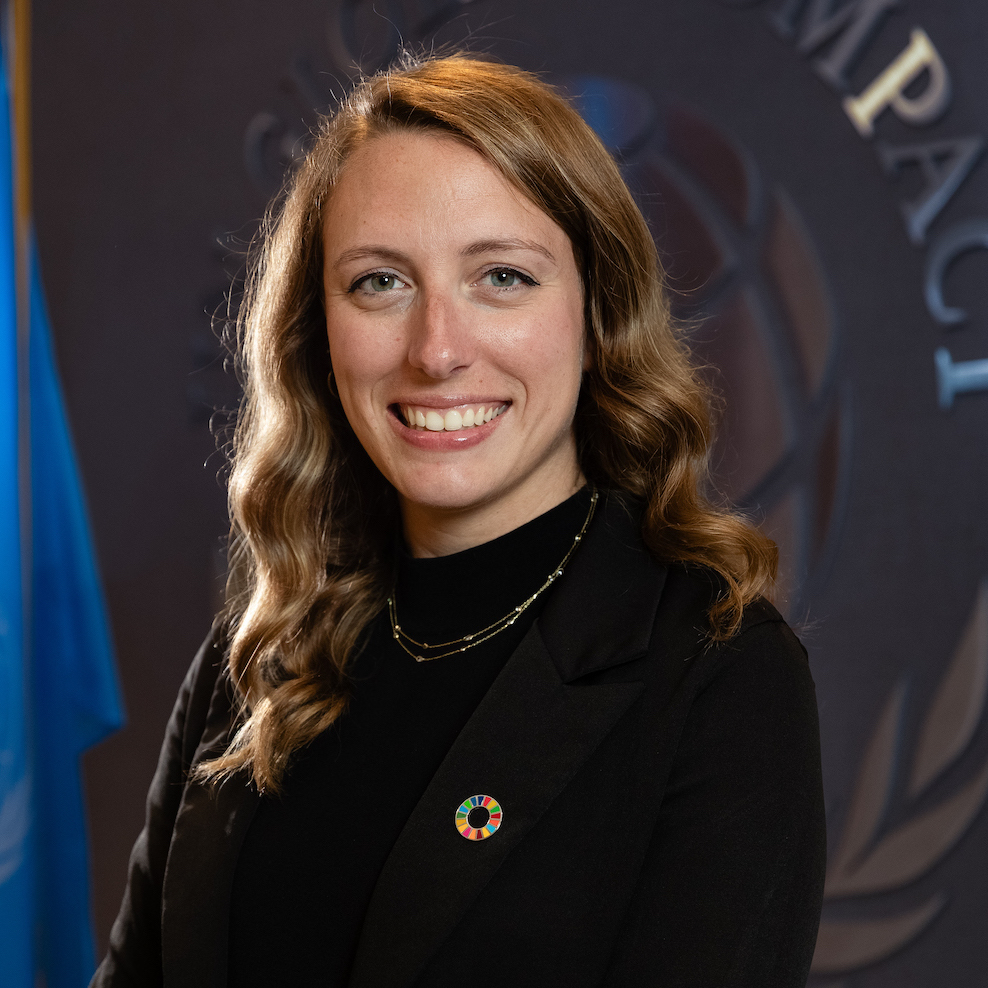
Cheyenne Maddox
Senior Manager, Communications
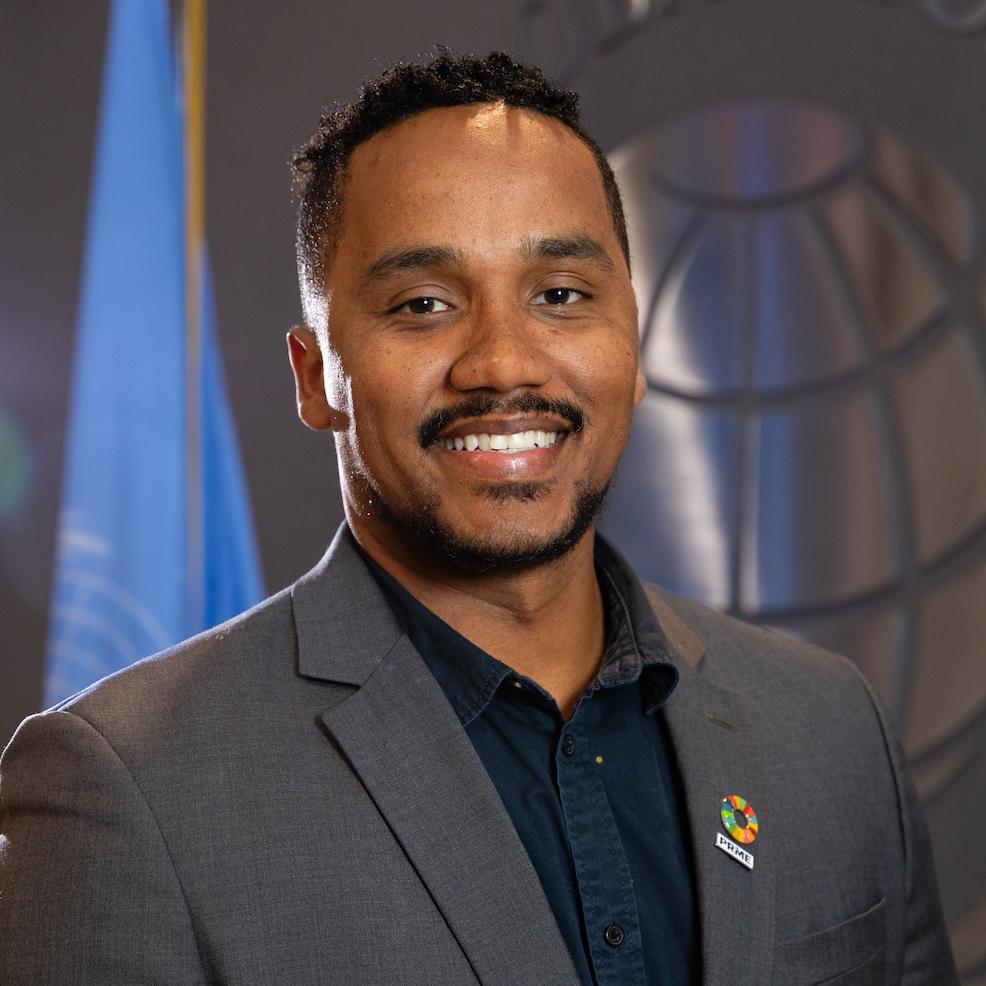
Gustavo Loiola
Manager, (i5) Leadership Education
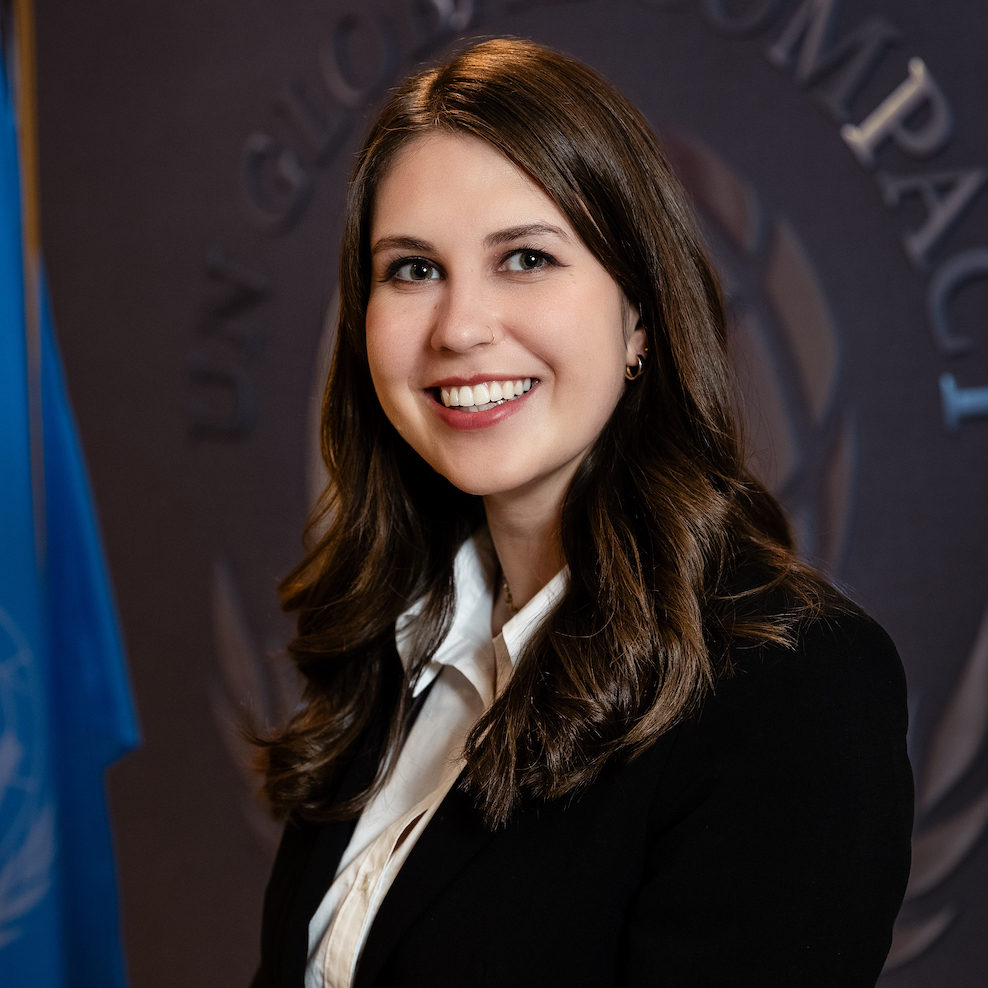
Samantha Thompson
Coordinator, i5 Project

Zein Ibrahim
Coordinator, Impactful Five (i5) Project
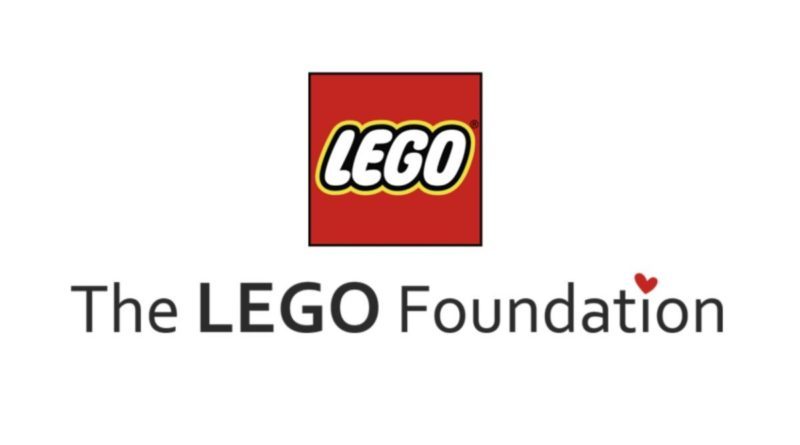
The LEGO Foundation aims to inspire and develop the builders of tomorrow – a mission that it shares with the LEGO Group. The LEGO Foundation is dedicated to building a future where learning through play empowers children to become creative, engaged, lifelong learners. Its work is about redefining play and reimagining learning. In collaboration with thought leaders, influencers, educators and parents, the LEGO Foundation aims to equip, inspire and activate champions for play.
The i5 Advisory Board was established in January 2022 to help business schools equip their students with the skills and capabilities needed to lead their future organizations in a way that is consistent with the SDG’s and a multi stakeholder corporate vision. Their role included:
Developing and providing input to the holistic skillset that needs to be developed in business schools (considering how to involve deans, faculty and students) and oversee programmatic work.
Helping support the progression of pedagogical skillset development in business schools that translates into better equipped students.
Advising on progression of programmatic work (including scope, scalability and impact of project).
Bringing in relevant networks to support pedagogical skillset development and adoption of holistic student development for future impact.
Helping to identify partners and funding sources to expand pilot stages to global impact.

It's been a great honor serving as an advisory board member for PRME Impactful Five (i5). The i5 project represents a powerful initiative, driven by the ambition to cultivate a comprehensive skill set within business school education, designed to equip future leaders with the capabilities required to responsibly lead their organizations.
As we champion the Principles of Responsible Management Education and endeavor to spread PRME's positive impact across the world, it is imperative to recognize the role of pedagogy in execution.It's not every day that one has the opportunity to shape something as profound as i5. I've learned a lot from everyone, and it was great working with the wonderful i5 team. It is particularly rewarding to reflect on the steady milestones and what has been achieved so far. I have full confidence in the next phase of the i5 Project and eagerly look forward to closely following the developments.
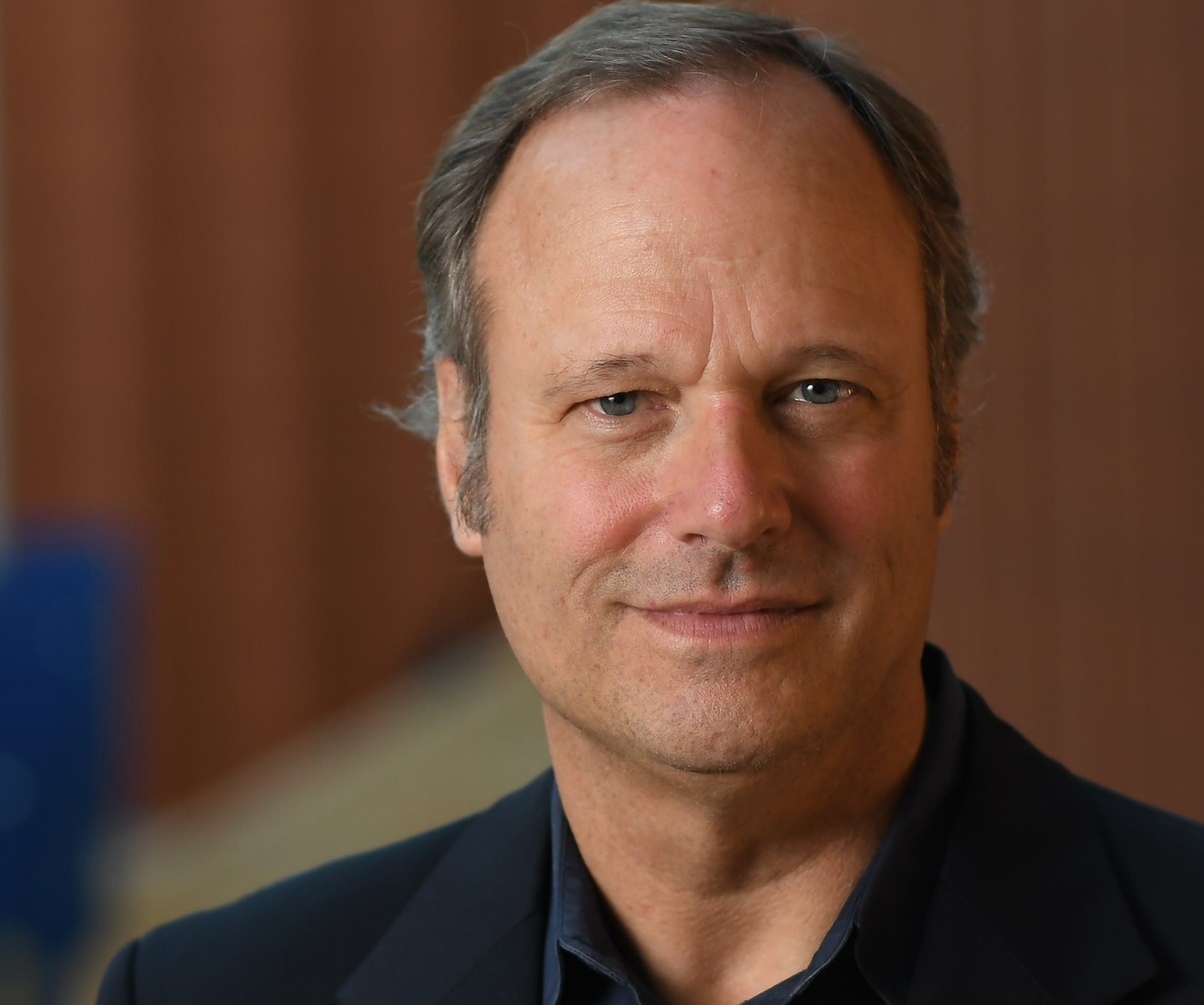
To me, the PRME (i5) program is the right program at the right time. We are facing enormous sustainability challenges in today’s world and business schools have a strong role to play in addressing them. Yet they are not stepping up to the plate. Though some schools are adding climate change to their curriculum, they are not grasping the full scope of the issue. Simply adding electives while the curriculum remains unchanged will be inadequate for the scale of the challenge. What is required is a fundamental transformation of business education, rethinking its structure, pedagogy and purpose. And this is where the i5 comes in, offering a needed and compelling blueprint for deeper, holistic pedagogical shifts in how we teach business and leadership. If we can gain greater acceptance for the changes it promotes, beginning with the PRME Signatory schools, we can bring a new kind of business education to the people that ultimately need it; today’s business school students who will be tomorrow’s business leaders. And the truth is, today’s business students are already ahead of us, asking new and important questions of business schools. Surveys show 60% of Gen-Z and Millennials are alarmed or concerned about climate change[i] and more than 70% of the Gen-Z business cohort want content that responds[ii]. I have been involved with PRME (i5) because I think they are offering the kind of solutions that the world and our students need.
[i] Ballew, M. et al. (2023) “Global Warming’s Six Americas across age, race/ethnicity, and gender,” Yale Program on Climate Change Communication, https://climatecommunication.yale.edu/publications/global-warmings-six-americas-age-race-ethnicity-gender/ (Accessed 21 September 2023).
[ii] Wylie, I. (2022) “What Generation Z wants from a business masters,” Financial Times, September 4.
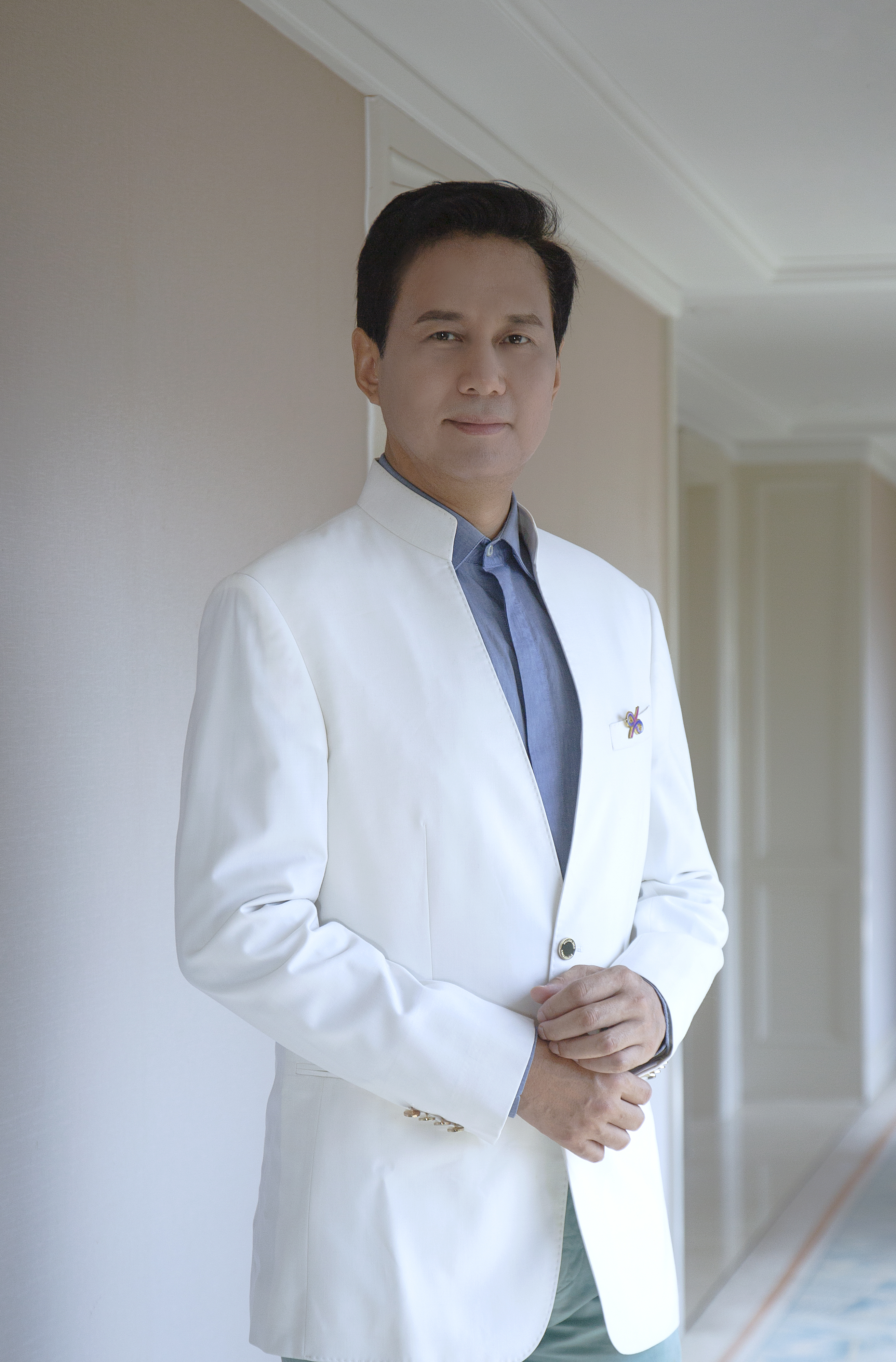
In the contemporary era, business school education is experiencing profound transformations, with a growing emphasis on fostering social responsibility and an understanding of the far-reaching implications of climate change on both economic and societal spheres. As such, PRME (i5) will play a vital role in revolutionizing the framework, methodologies, and objectives of business education. It is advisable to implement this novel teaching approach on a global scale, thereby equipping present-day business school students with the skills and knowledge necessary to become the green leaders of tomorrow. As an experienced educator with three decades of involvement in this field, I have had the privilege of participating in discussions pertaining to PRME (i5) and am confident that it will have a significant impact on business education worldwide. In the years to come, I aspire to continue contributing my expertise and expanding upon the innovative concepts of PRME (i5) in collaboration with various business schools throughout Asia, while also integrating them with local cultural and educational policies to cultivate a plethora of exceptional business leaders.
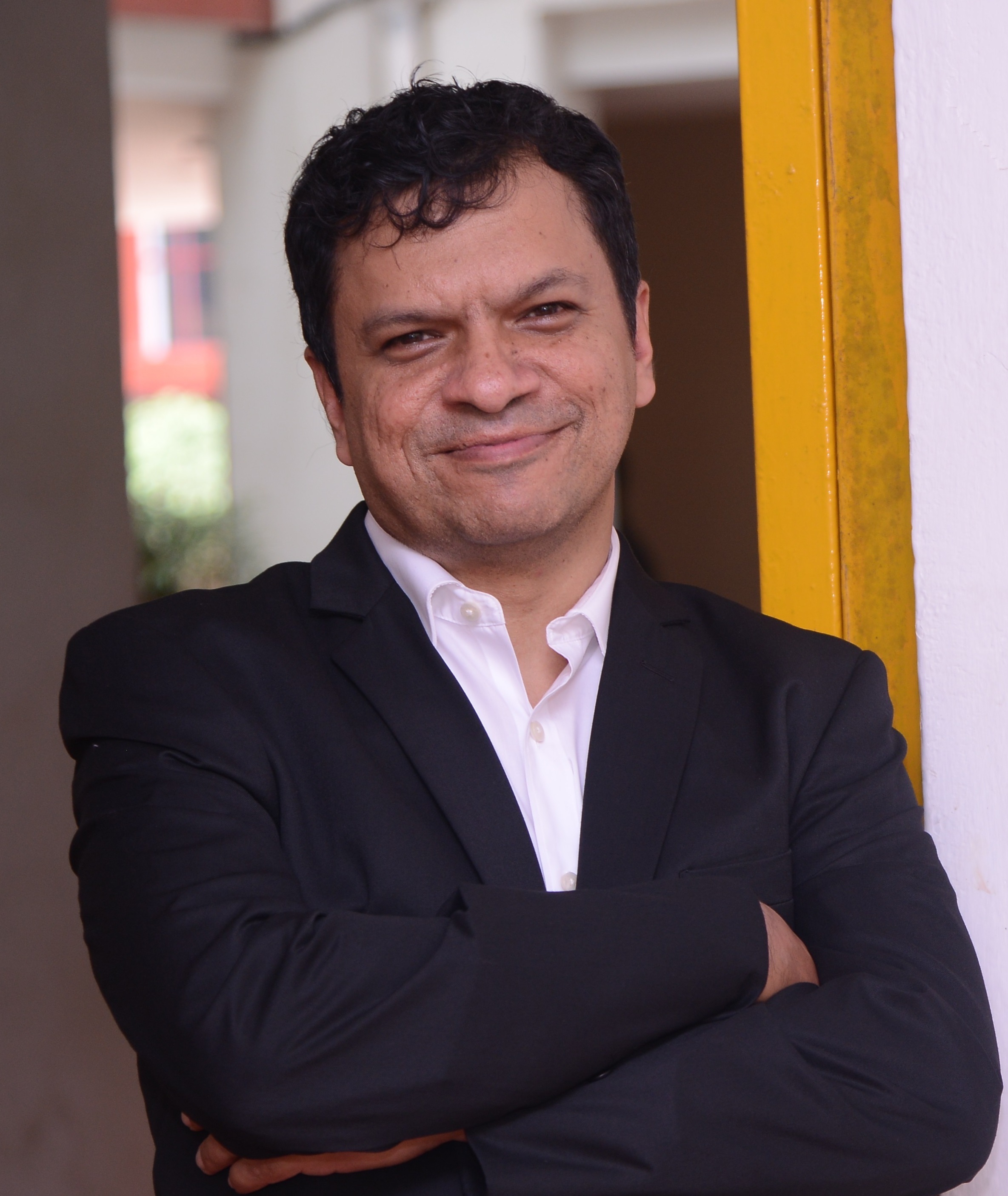
Ranjan Banerjee
Dean, BITSoM

Chip Bergh
President & CEO
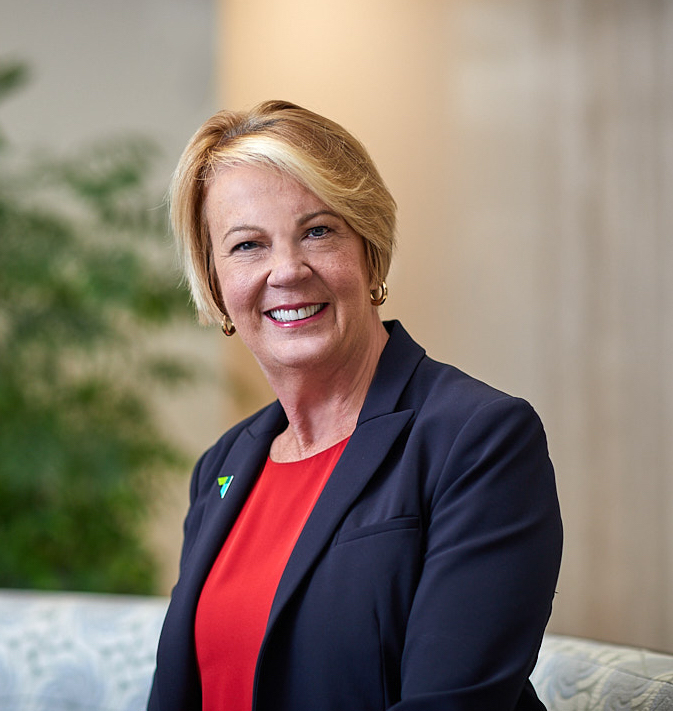
Caryn Beck-Dudley
CEO, AACSB
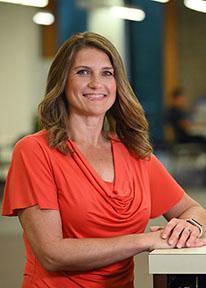
Elizabeth Collier
Professor of Ethics
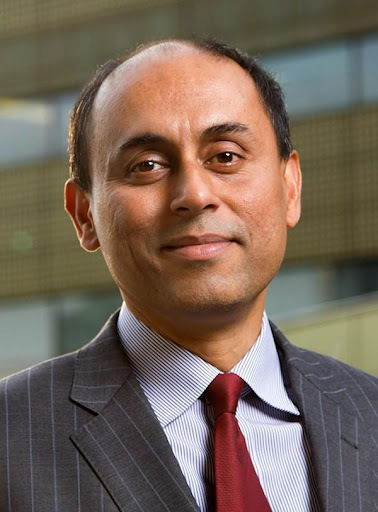
Soumitra Dutta
Dean
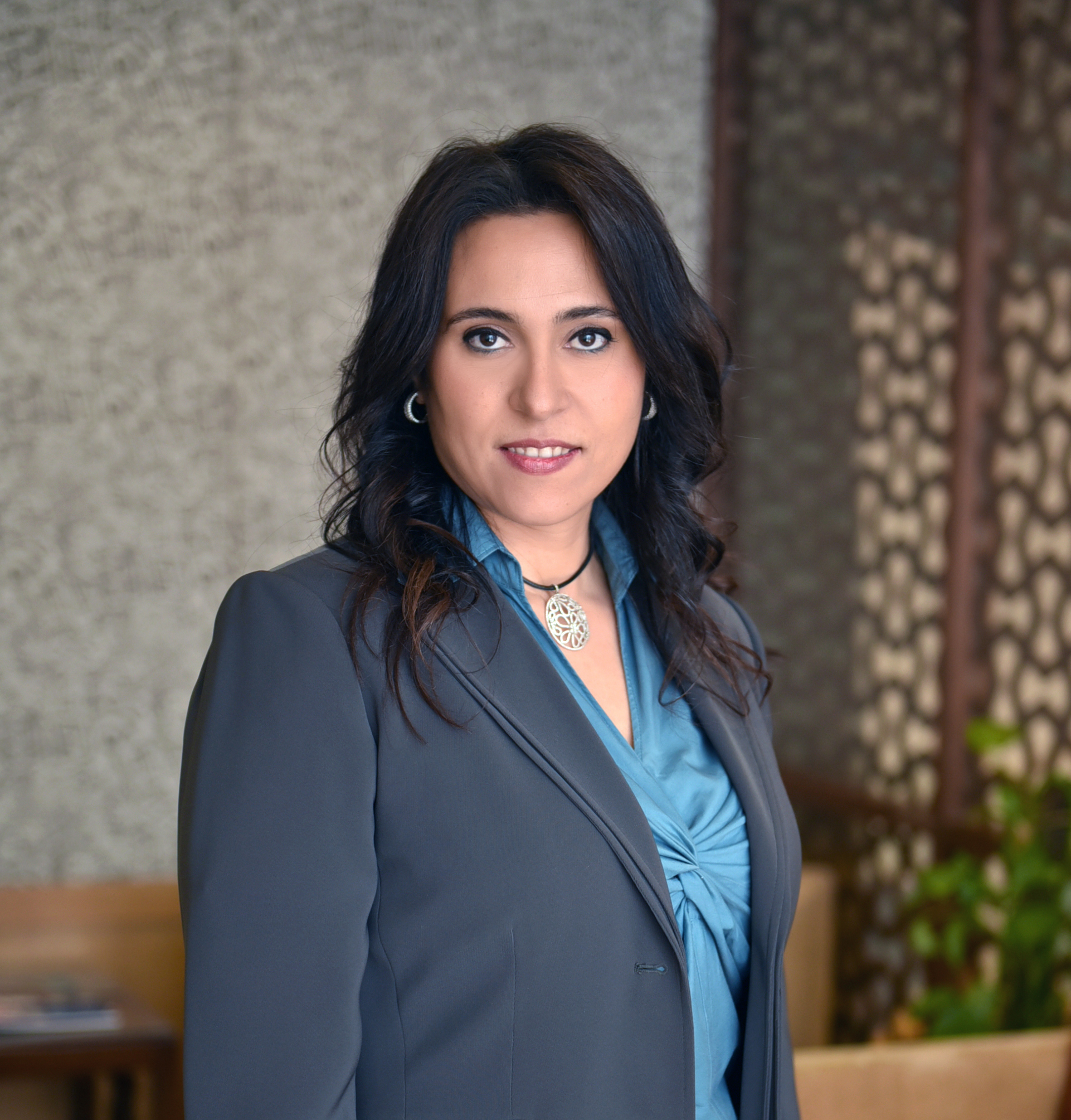
Sherwat Elwan Ibrahim
Chair, PRME Chapter Africa

John Goodwin
Executive Chairman
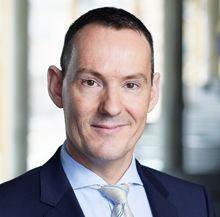
Gregor Halff
Dean
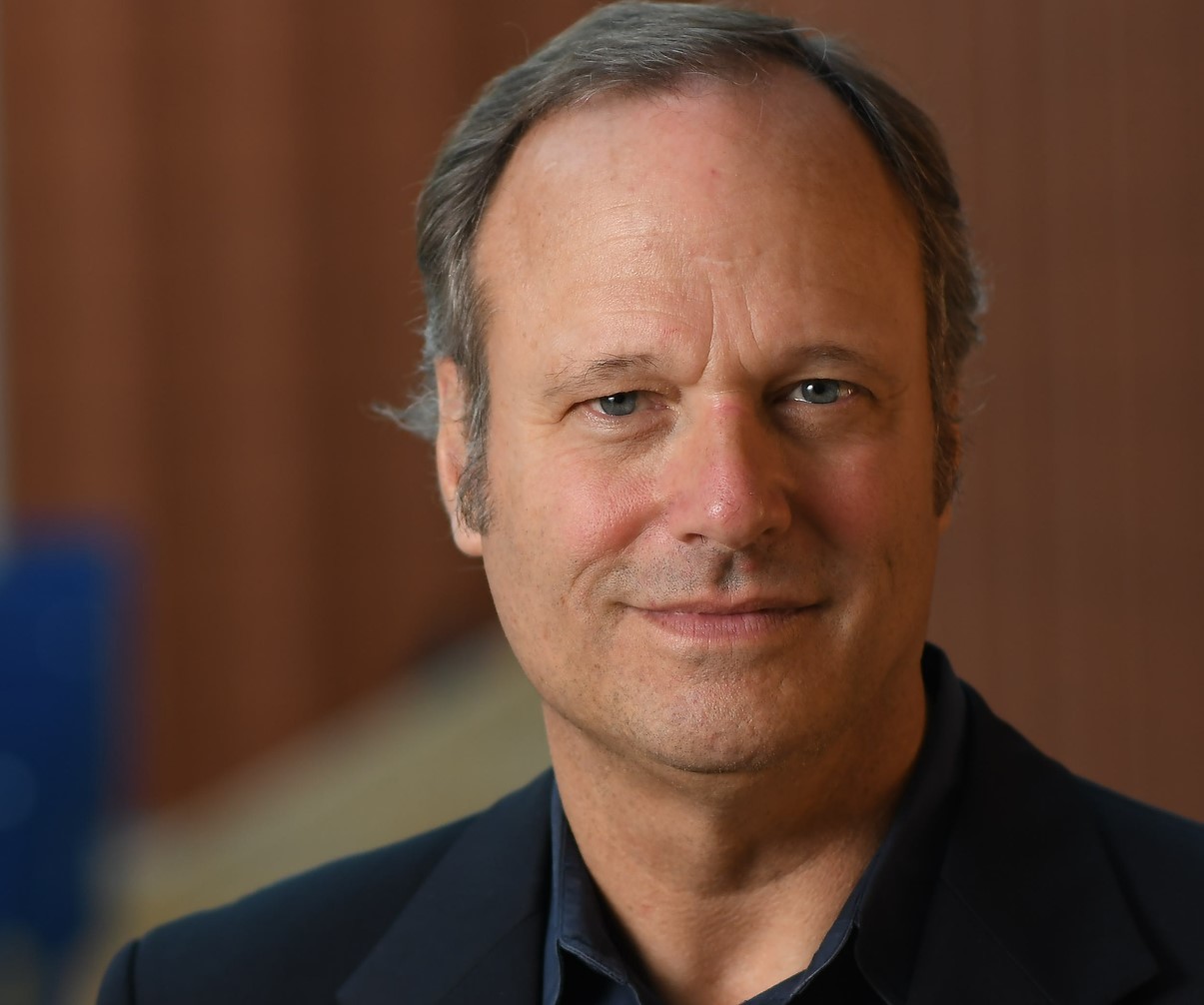
Andy Hoffman
Holcim (US) Professor of Sustainable Enterprise
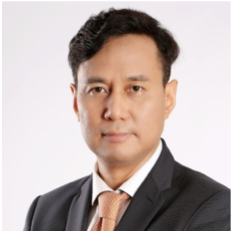
Haifeng Huang
Deputy Secretary-General

Maxime Lakat
Executive Director, Re-Generation
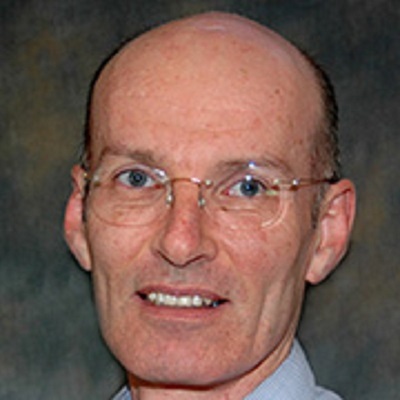
Jonathan Louw
Chair, PRME Chapter UKI
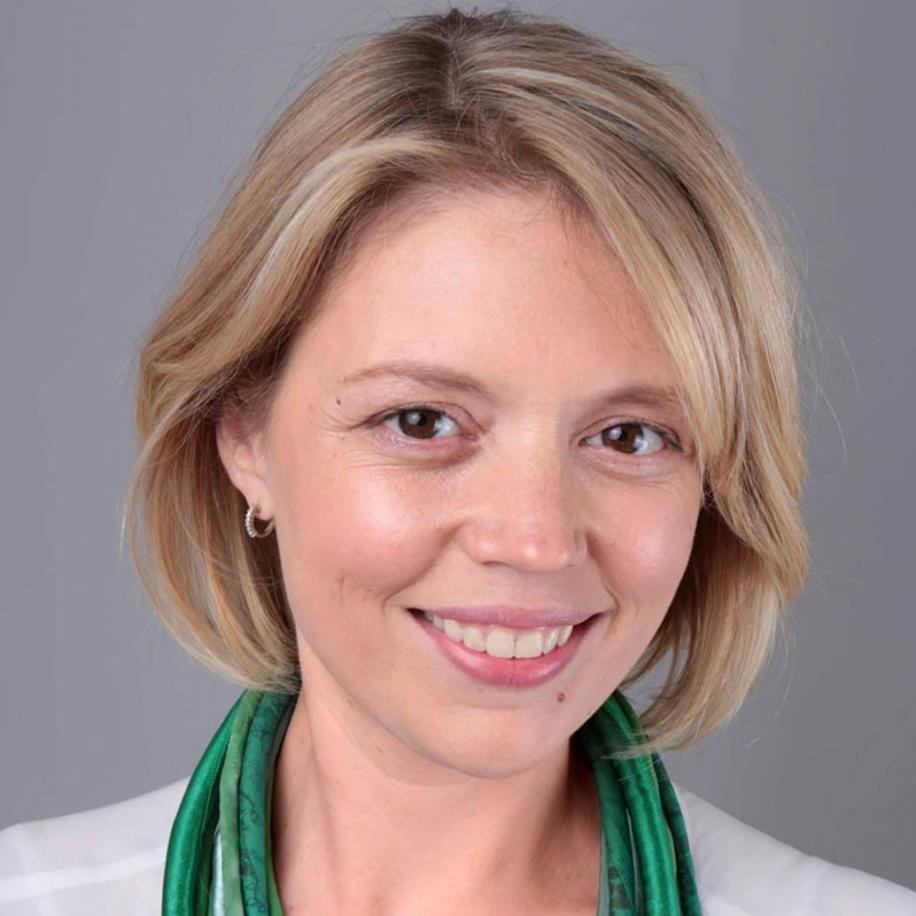
Charmian Love
Global Director of Advocacy
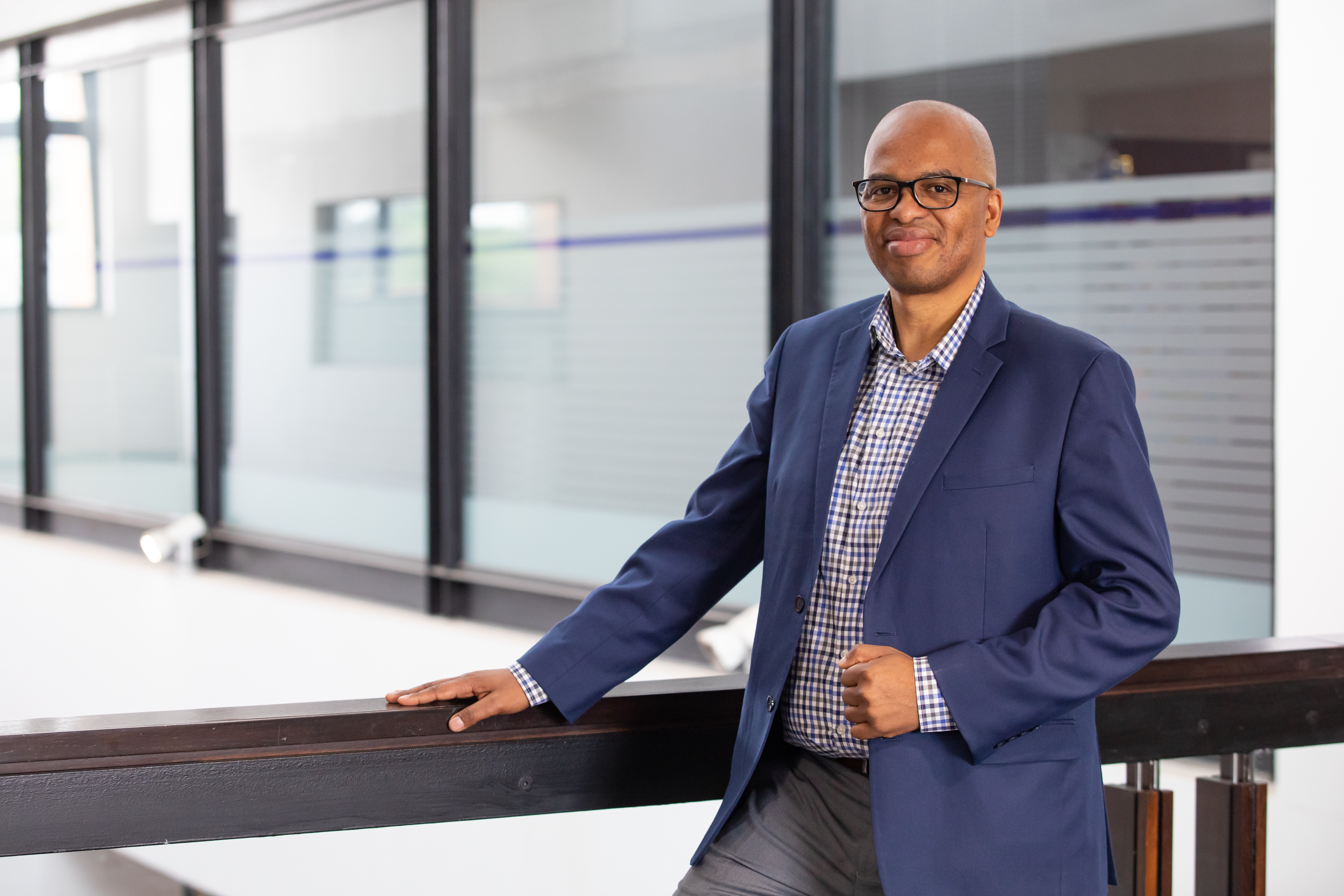
Morris Mthombeni
Dean, Gordan Institute of Business Science
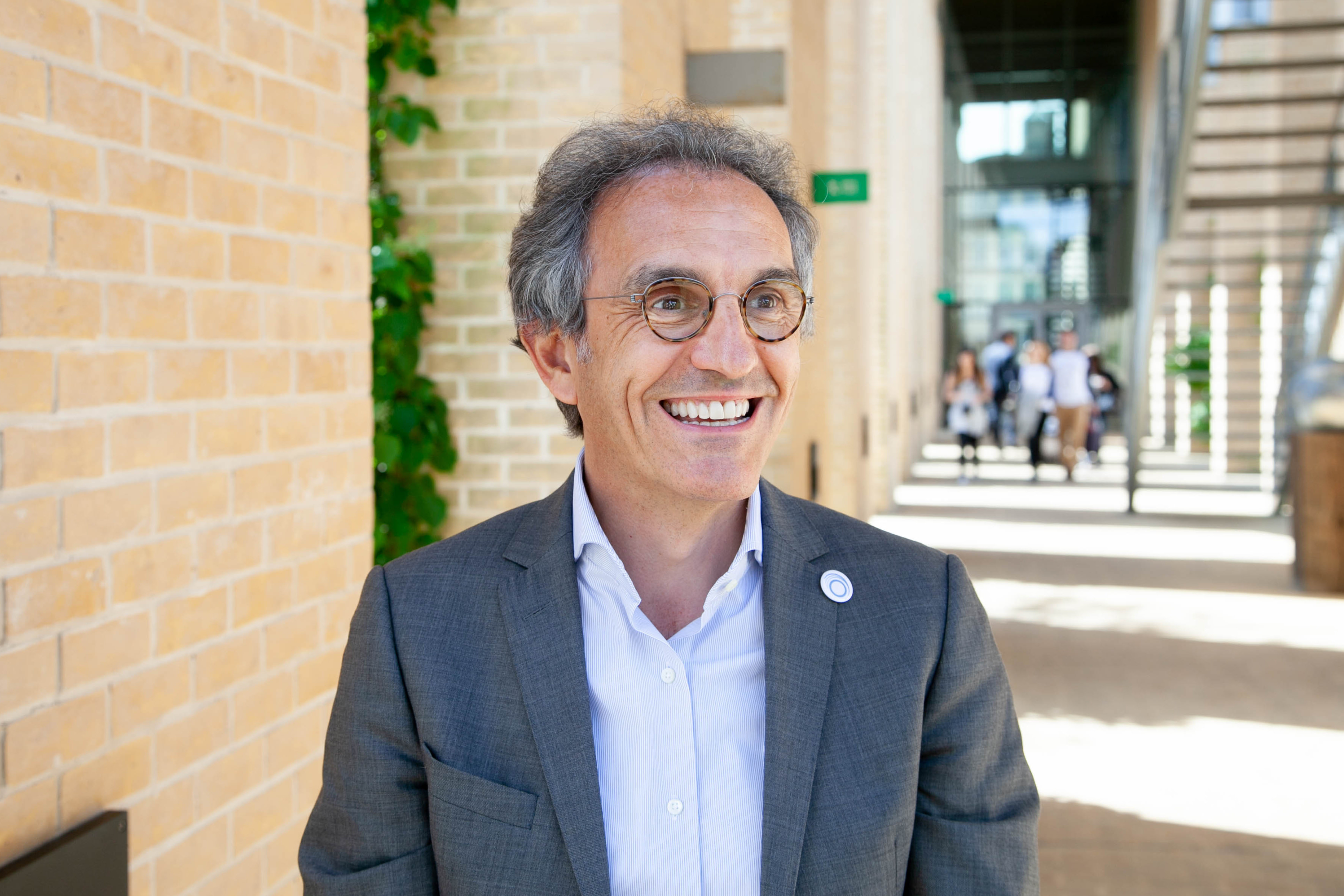
Bruno Roche
Co-author “Purpose into Practice: the Economics of Mutuality”; Former Chief Economist
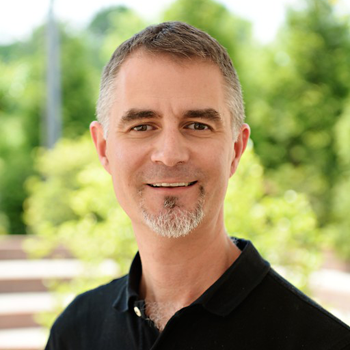
Daniel Wilson
Director
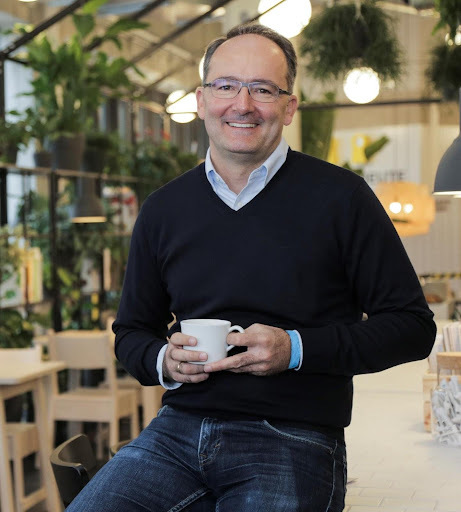
Juvencio Maeztu
Deputy CEO, Management Board Member

Sulitest's vision is to develop Sustainability Literacy worldwide and empower engaged and committed global citizens to make informed and responsible decisions and collectively build a sustainable future. To meet this need, Sulitest developed an ecosystem of tools that academia and companies can use to measure and improve Sustainability Literacy amongst their staff, students, faculty, and other stakeholders. Its mission is to expand sustainable knowledge, skills, and mindsets that motivate individuals to become deeply committed to building a sustainable future and making informed and effective decisions.
With the support of the Assessment Taskforce, Sulitest is responsible for leading The PRME (i5) Assessment Framework closely aligned with the Playbook with the expectation of developing a digital assessment tailored to the PRME (i5) program so that it specifically tests the development of PRME (i5) learning and pedagogical approaches among faculty outlined in the Playbook and holistic skill set development among students in their classrooms.

Project Zero (PZ)’s mission is to understand and nurture human potentials –such as learning, thinking, ethics, intelligence, and creativity –in all human beings. Today Project Zero is an intellectual wellspring, nourishing inquiry into the complexity of human potentials and exploring sustainable ways to support them across multiple and diverse cultural contexts. Anchored in the arts and humanities, and with a commitment to melding theory and practice, we continue to work toward more enlightened educational processes and systems that support learners, individually and in the community, to thrive in, reflect on, contribute to, and change the world in which they will live. PZ is responsible for leading the construction of the PRME (i5) Playbook with a goal to provide an authoritative guide based on rigorous research (e.g. research questions, design, appropriate methodologies, research ethics) that equips educators to test new pedagogical approaches for holistic skill set development among their students at leadership schools. The Playbook will reference characteristics of effective learning, such as considering research and scientific-based approaches that incorporate the five characteristics of playful learning (e.g. social, joyful, iterative, actively engaging, and collaborative experiences). The Playbook will be piloted by business school educators and scaled among further educators to nurture holistic skill set development in PRME’s network of 860+ business schools around the world.

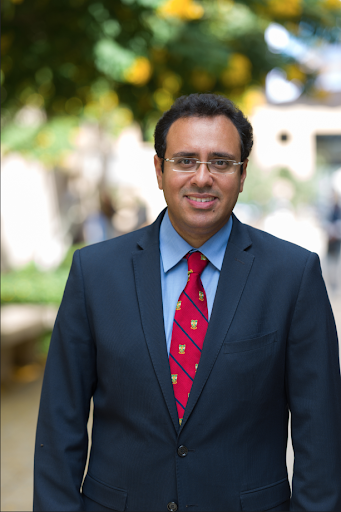
Ahmed Abdel-Meguid
Associate Professor of Accounting

Tim Breitbarth
Professor, Sustainable Management and Corporate Social Responsibility

Adriana Caldana
Associate Professor

José Luis Camarena
Professor

Xuanwei Cao
Associate Professor, Strategy and Sustainability Management
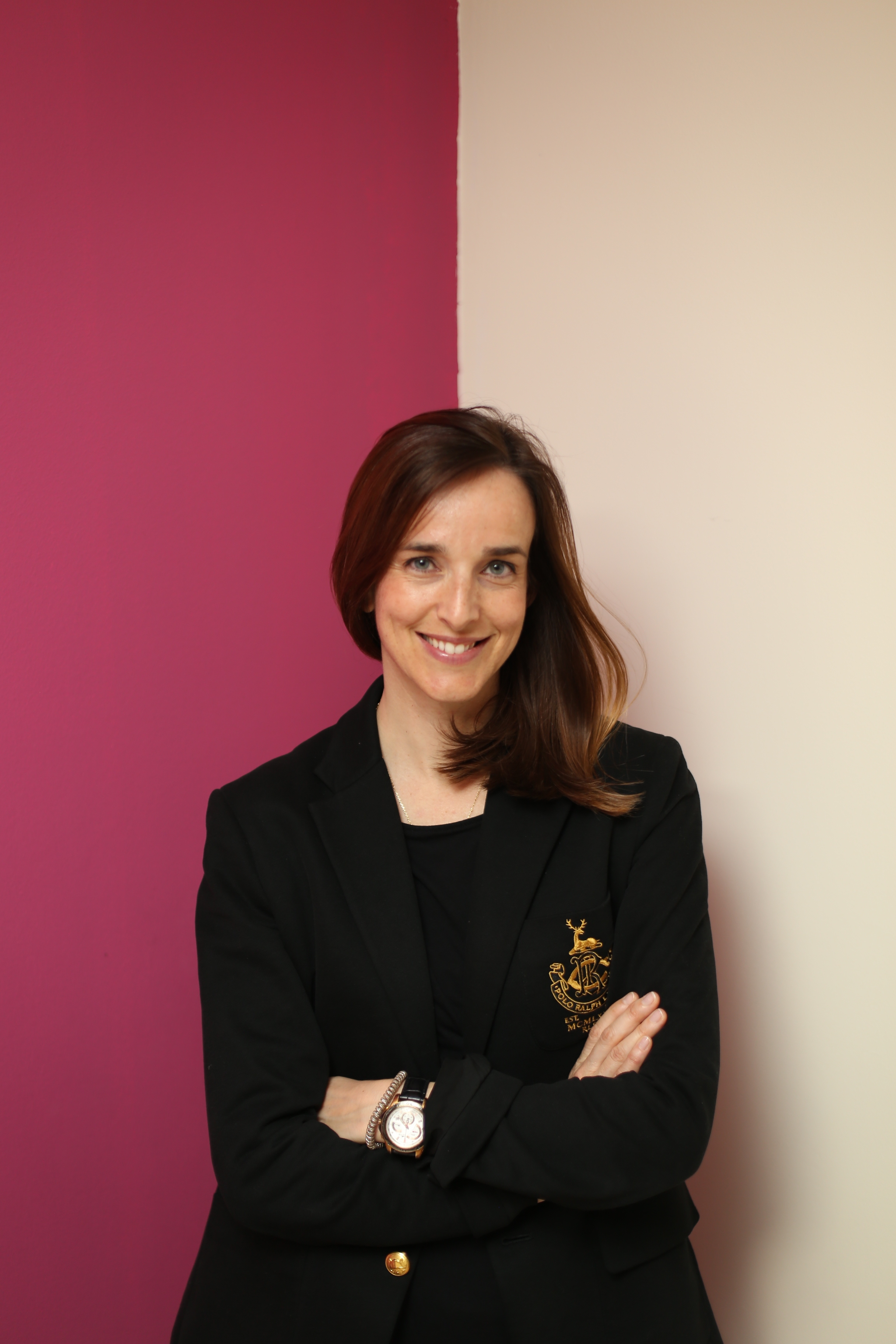
Aurora Díaz-Soloaga
Senior Lecturer

Robert Hales
Sustainability Lead

Toloue Miandar
Assistant Professor, Department of Management

Dirk Moosmayer
Professor

Chandrika Parmar
Associate Professor, SPJIMR, India; Chair of PRME Chapter India
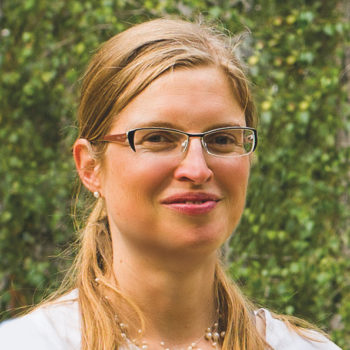
Maria Pietrzak
Assistant Professor

Natascha Radclyffe-Thomas
Professor in Marketing and Sustainable Business; Chair of PRME UK and Ireland Chapter

Marina Schmitz
Lecturer/Researcher at the Coca-Cola Chair of Sustainable Development
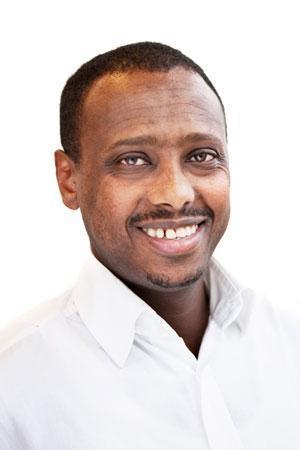
Samuel Sebhatu
Senior Lecturer/ Assistant Professor in Business Administration
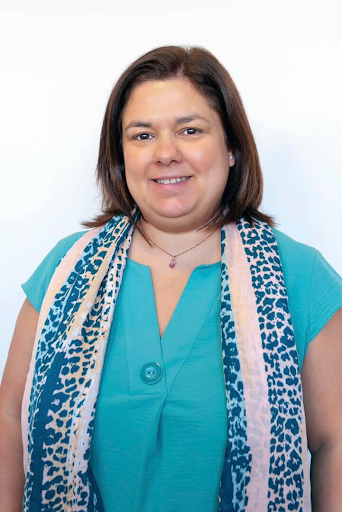
Ana Margarida Simaens
Associate Dean for Engagement and Impact
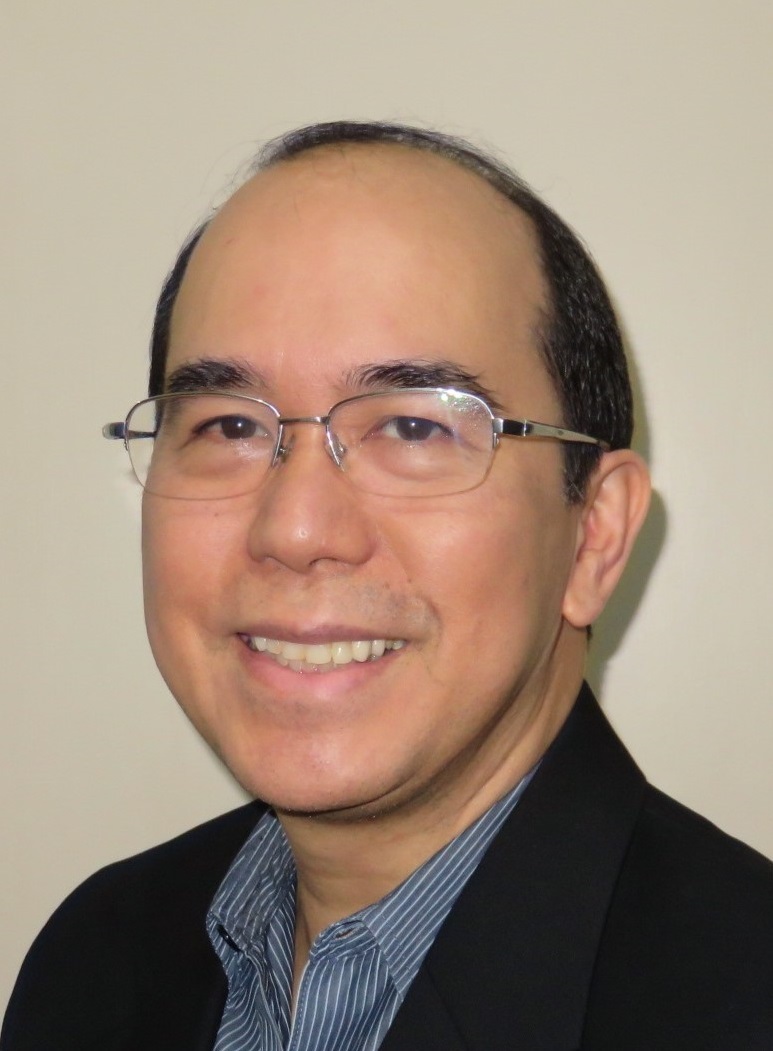
Benito Teehankee
ExPeG ASEAN +

Christian Van Buskirk
Assistant Teaching Professor

Jeremy Williams
Professor of Practice; Chair of PRME Chapter MENA